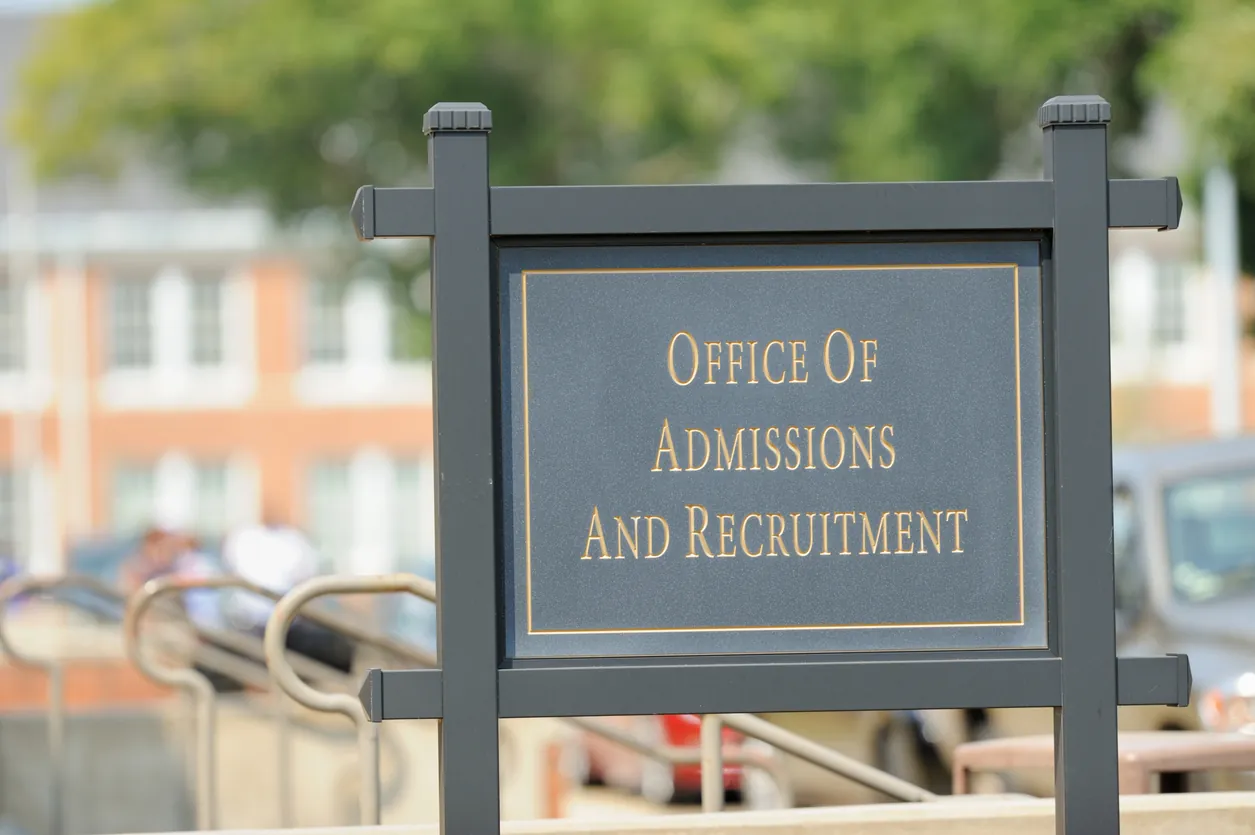
istockphoto image
Two Major Ways College Admissions Has Changed
The COVID-19 pandemic has upended the future of nearly every industry. And that includes higher education.
Josh Moody, a reporter at US News, recently spoke to experts on how the pandemic has impacted college admissions—from rethinking testing policies to legacy admissions.
RETHINKING STANDARDIZED TESTING
Among one of the biggest changes in college admissions has been the shift to test optional policies in admissions. Nearly 1,600 colleges and universities have gone test optional for the SAT and ACT in admissions, according to FairTest.
“It really was a national movement, where over two-thirds of the public, four-year institutions basically declared themselves either test-optional, test-flexible, sometimes test-blind,” Clark Brigger, executive director of admissions at the University of Colorado Boulder, tells US News.
Admissions officers say that the move to remove standardized testing as an admissions requirement helps attract a more diverse student body.
“Having standardized tests not potentially be a barrier for students, I think that’s huge,” Dustin Noji, Director of Admissions at UC Merced, says. “It’s certainly opened up a whole new segment of students who are now considering and applying to UC’s and who otherwise might not have before because they didn’t think their test scores were good enough. I think that can be really positive. It might allow us to see a different type of applicant that we might not have seen in the past.”
LEGACY ADMISSIONS
Another aspect of admissions that has changed is around legacy applicants, or the admitting of students who have familial ties to alumni.
In California, a new bill was approved and signed into law with the goal of regulating legacy admissions. Under AB 697, California institutions are required to report admissions and enrollment information if they are found to give preferential treatment to specific applicants.
“The recent college admissions scandal highlights the need for fair and transparent admissions processes, and concern for what is referred to as ‘back door’ admissions for legacy and donor-related applicants who collectively do not reflect the diversity of the state,” the bill states. “Research has shown that legacy and donor admissions give an unfair advantage to wealthier students who benefit from having parents or other individuals in their lives who went to college. It is the intent of the Legislature to enact legislation to bring more fairness and transparency to college admissions in the state, especially at institutions of higher education that enroll students who receive state-funded financial aid.”
Sources: US News, FairTest, Poets & Quants for Undergrads











Questions about this article? Email us or leave a comment below.